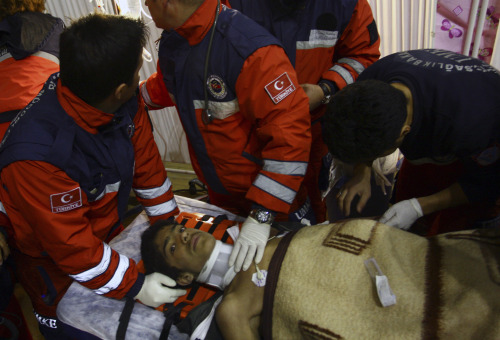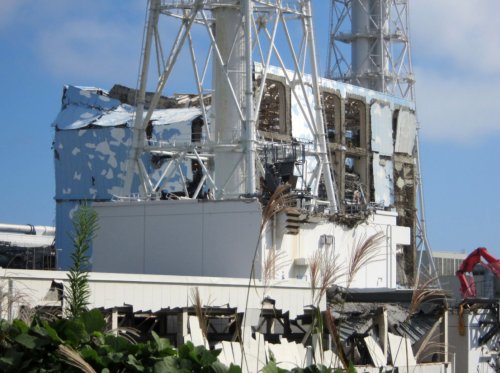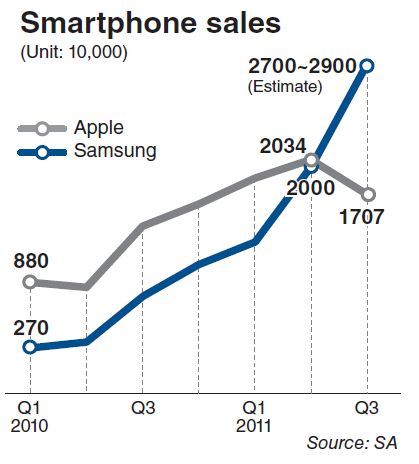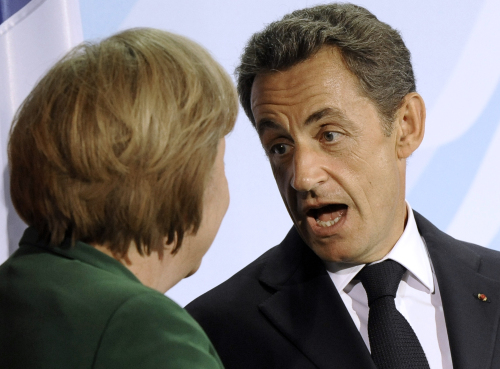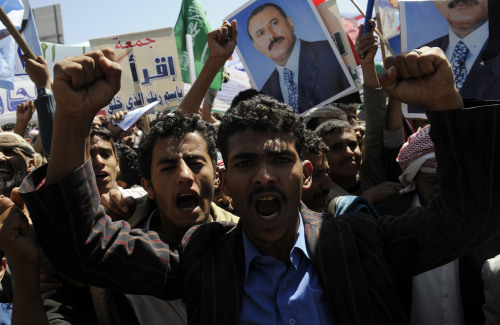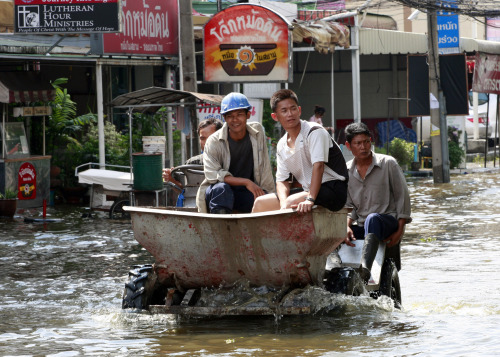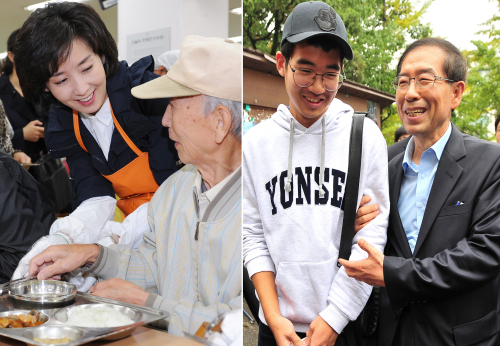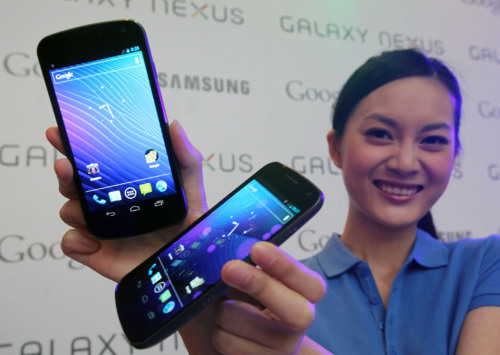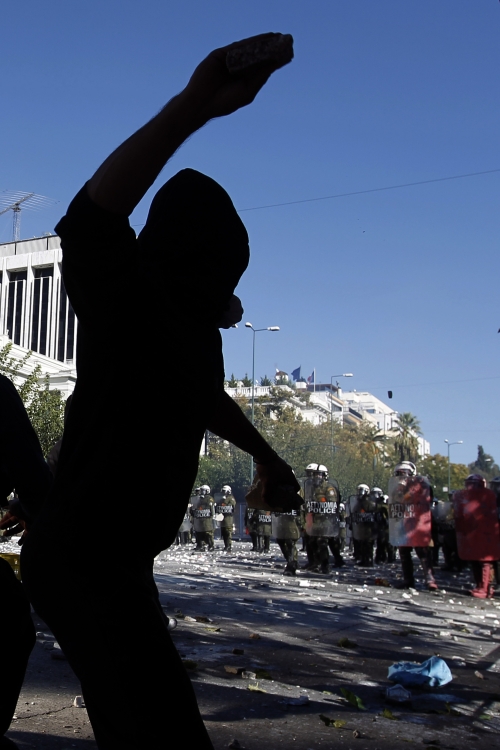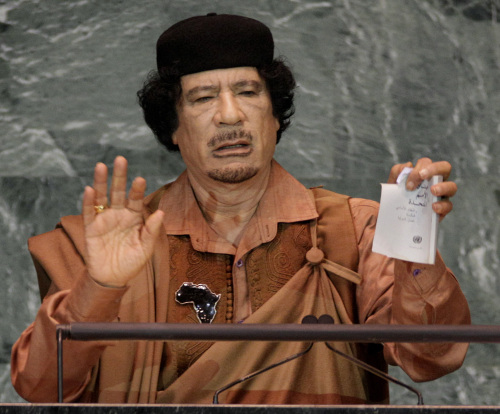HELSINKI (AP) -- Nokia Corp. on Wednesday launched its long-awaited first Windows cellphones, hoping to claw back market share it has lost in the tough, top-end smartphone race to chief rivals, Apple Inc.'s iPhone, Samsung and Google's Android software.
But some analysts say it may be too little, too late, for the world's top mobile phone maker.
With price tags of (euro) 420 ($580) and (euro) 270, the Lumia 800 and 710 are based on Microsoft Corp.'s Windows 7 software and come eight months after Nokia and the computing giant said they were hitching up.
“Lumia is reasonably good ... but it's not an iPhone killer or a Samsung killer,” Neil Mawston from Strategy Analytics said. “But where Nokia does stand out is on their price -- it looks like they are going to be very competitive.”
Lumia 800, with Carl Zeiss optics and 16GB of internal memory, will be available in selected European countries in November, including France, Germany, Italy, Netherlands, Spain and Britain. It will be sold in Hong Kong, India, Russia, Singapore and Taiwan before the year-end.
Lumia 710, with a 1.4 GHz processor, navigational applications and Nokia Music -- a free, mobile music-streaming app -- will first be available in Hong Kong, India, Russia, Singapore and Taiwan toward the end of the year.
The company's share price jumped almost 3 percent in an otherwise depressed market on the Helsinki Stock Exchange but settled, closing almost unchanged at (euro) 4.80 ($6.68).
Nokia also unveiled four cheaper smartphones aimed at emerging markets -- the Asha range priced (euro) 60 to (euro) 115 -- with cameras, navigation applications and fast downloads -- in a bid to help “the next billion” users connect to the Internet, Nokia CEO Stephen Elop said at the Nokia presentation in London.
Equipped with QWERTY keyboards and some with the popular dual SIM cards, the Asha handsets will be shipped globally in the fourth quarter or early 2012.
Nokia, which claims 1.3 billion daily users, has been the world's biggest handset maker since 1998, selling 432 million devices last year -- more than its three closest rivals combined. But after reaching its announced global goal of 40 percent market share in 2008, it has struggled against rivals making cheaper handsets in Asia, and its share has shrunk to 24 percent earlier this year.
Worse still, Nokia's sales in the more lucrative smartphone market crashed 39 percent in the third quarter as it continued to be squeezed in the low end by Asian manufacturers like ZTE and in the high end by the iPhone, Research in Motion's Blackberry, Korea's Samsung Electronics and Taiwan-based HTC Corp.
The iPhone has set the standard for smartphones among many design-conscious consumers, the Blackberry has been the favorite of the corporate set and increasingly Google Inc.'s Android software has emerged as the choice for phone makers that want to challenge the iPhone.
Samsung and HTC -- snapping at Nokia's heels for third place in topend smartphones behind the iPhone and Samsung -- are the biggest users of the Android platform.
Nokia is still operating Symbian software, older than Apple's software and considered clumsy by many, although it has been upgraded. Nokia also introduced the MeeGo platform in its flagship N9 model launched last month.
Elop has said Windows software will become the main platform for Nokia smartphones but that it won't stop developing Symbian or MeeGo.
Mawston says Nokia has been pushed into a corner as Symbian was unable to compete with other operating systems and MeeGo took too long to develop.
“It's a risk that they may be juggling too many balls at once,” Mawston said. “They were pushed into a multi-platform strategy for at least the short-term, but given the competitive situation with Symbian and MeeGo they really had no choice but to develop a third (platform) and juggle all three at once.”
Elop described the Lumia phones as a “new dawn” for Nokia.
“Lumia is light ... Lumia is the first real Windows Phone,” Elop declared to the London audience.
He acknowledged that since he took over the Nokia leadership a year ago there had been “some difficult moments and some tough decisions to make,” including more than 12,000 layoffs, but was upbeat about the future.
“Eight months ago, here in London we outlined a new direction for Nokia,” Elop said. “Since then we've gone through a significant transition and we are playing to win -- no holding back, no hesitation, no second guessing.”
Ovum analyst Nick Dillon said the success of the new Windows devices will be critical.
“The challenges which Nokia faces are significant -- many potential Windows Phone customers will have already bought an Android or iPhone and will have some form of attachment to those platforms,” Dillon said. “Nokia will have a challenge to convince them to switch to what is a largely unknown, and therefore risky, alternative.”
Nokia, which according to Strategy Analytics, is the world's top seller of dual SIM card handsets, sold 18 million such devices in the third quarter.
“Dual SIM is really something Nokia should have been doing in 2007 and 2008 when the market really started rocketing quite aggressively,” Mawston said. “Like with smartphones really, they're two or three years behind and are gradually playing catch-up.”
The Espoo-based company, near Helsinki, employs 136,000 people -- up from 132,000 a year ago.
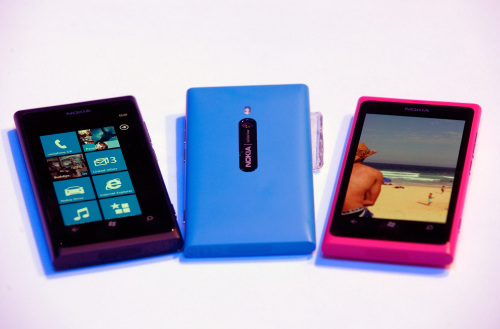 |
Multicoloured Nokia Lumia 800 smartphones are seen on display during their launch at the Nokia World event in London, U.K., on Wednesday, Oct. 26, 2011. Nokia Oyj, the Finnish handset maker seeking to revive its lineup of smartphones in the race against Apple Inc., introduced its first handsets powered by Microsoft Corp.'s Windows Phone software. (Bloomberg)
|
But some analysts say it may be too little, too late, for the world's top mobile phone maker.
With price tags of (euro) 420 ($580) and (euro) 270, the Lumia 800 and 710 are based on Microsoft Corp.'s Windows 7 software and come eight months after Nokia and the computing giant said they were hitching up.
“Lumia is reasonably good ... but it's not an iPhone killer or a Samsung killer,” Neil Mawston from Strategy Analytics said. “But where Nokia does stand out is on their price -- it looks like they are going to be very competitive.”
Lumia 800, with Carl Zeiss optics and 16GB of internal memory, will be available in selected European countries in November, including France, Germany, Italy, Netherlands, Spain and Britain. It will be sold in Hong Kong, India, Russia, Singapore and Taiwan before the year-end.
Lumia 710, with a 1.4 GHz processor, navigational applications and Nokia Music -- a free, mobile music-streaming app -- will first be available in Hong Kong, India, Russia, Singapore and Taiwan toward the end of the year.
The company's share price jumped almost 3 percent in an otherwise depressed market on the Helsinki Stock Exchange but settled, closing almost unchanged at (euro) 4.80 ($6.68).
Nokia also unveiled four cheaper smartphones aimed at emerging markets -- the Asha range priced (euro) 60 to (euro) 115 -- with cameras, navigation applications and fast downloads -- in a bid to help “the next billion” users connect to the Internet, Nokia CEO Stephen Elop said at the Nokia presentation in London.
Equipped with QWERTY keyboards and some with the popular dual SIM cards, the Asha handsets will be shipped globally in the fourth quarter or early 2012.
Nokia, which claims 1.3 billion daily users, has been the world's biggest handset maker since 1998, selling 432 million devices last year -- more than its three closest rivals combined. But after reaching its announced global goal of 40 percent market share in 2008, it has struggled against rivals making cheaper handsets in Asia, and its share has shrunk to 24 percent earlier this year.
Worse still, Nokia's sales in the more lucrative smartphone market crashed 39 percent in the third quarter as it continued to be squeezed in the low end by Asian manufacturers like ZTE and in the high end by the iPhone, Research in Motion's Blackberry, Korea's Samsung Electronics and Taiwan-based HTC Corp.
The iPhone has set the standard for smartphones among many design-conscious consumers, the Blackberry has been the favorite of the corporate set and increasingly Google Inc.'s Android software has emerged as the choice for phone makers that want to challenge the iPhone.
Samsung and HTC -- snapping at Nokia's heels for third place in topend smartphones behind the iPhone and Samsung -- are the biggest users of the Android platform.
Nokia is still operating Symbian software, older than Apple's software and considered clumsy by many, although it has been upgraded. Nokia also introduced the MeeGo platform in its flagship N9 model launched last month.
Elop has said Windows software will become the main platform for Nokia smartphones but that it won't stop developing Symbian or MeeGo.
Mawston says Nokia has been pushed into a corner as Symbian was unable to compete with other operating systems and MeeGo took too long to develop.
“It's a risk that they may be juggling too many balls at once,” Mawston said. “They were pushed into a multi-platform strategy for at least the short-term, but given the competitive situation with Symbian and MeeGo they really had no choice but to develop a third (platform) and juggle all three at once.”
Elop described the Lumia phones as a “new dawn” for Nokia.
“Lumia is light ... Lumia is the first real Windows Phone,” Elop declared to the London audience.
He acknowledged that since he took over the Nokia leadership a year ago there had been “some difficult moments and some tough decisions to make,” including more than 12,000 layoffs, but was upbeat about the future.
“Eight months ago, here in London we outlined a new direction for Nokia,” Elop said. “Since then we've gone through a significant transition and we are playing to win -- no holding back, no hesitation, no second guessing.”
Ovum analyst Nick Dillon said the success of the new Windows devices will be critical.
“The challenges which Nokia faces are significant -- many potential Windows Phone customers will have already bought an Android or iPhone and will have some form of attachment to those platforms,” Dillon said. “Nokia will have a challenge to convince them to switch to what is a largely unknown, and therefore risky, alternative.”
Nokia, which according to Strategy Analytics, is the world's top seller of dual SIM card handsets, sold 18 million such devices in the third quarter.
“Dual SIM is really something Nokia should have been doing in 2007 and 2008 when the market really started rocketing quite aggressively,” Mawston said. “Like with smartphones really, they're two or three years behind and are gradually playing catch-up.”
The Espoo-based company, near Helsinki, employs 136,000 people -- up from 132,000 a year ago.




